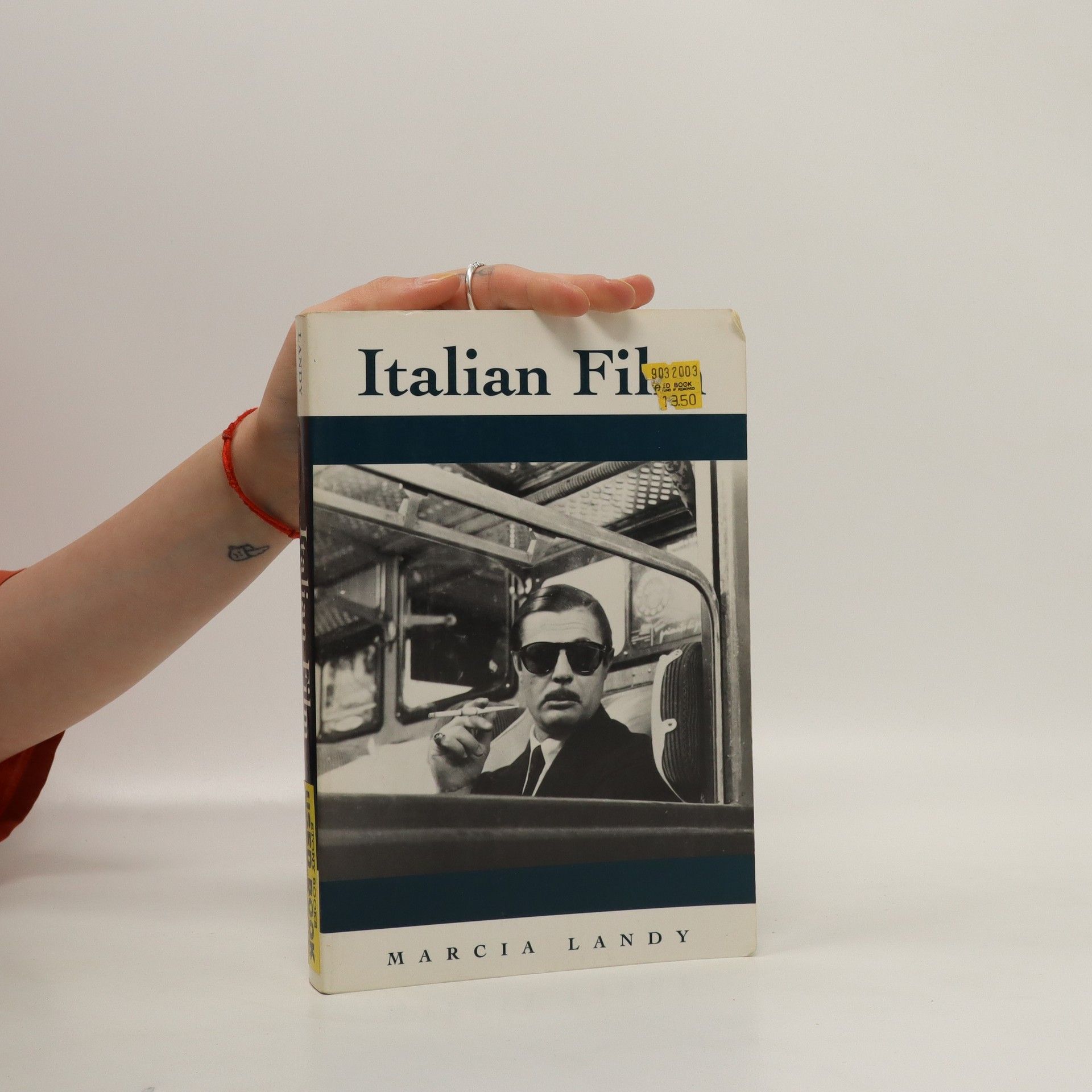Italian Film
- 458 Seiten
- 17 Lesestunden
Examines the extraordinary cinematic tradition of Italy, from the silent era to the present.


Examines the extraordinary cinematic tradition of Italy, from the silent era to the present.
Marcia Landy examines Monty Pythons Flying Circus within the context of its time, analyzing the show's influence on 1960s and 1970s British television as well as British cultural influence on the show's legendary material. Landy explores not only why the series' complex form of comedy was important but also why it was so well received.